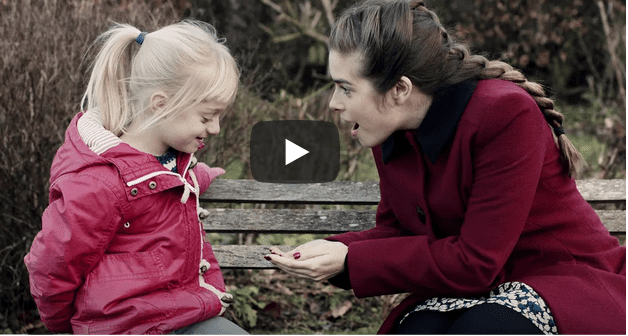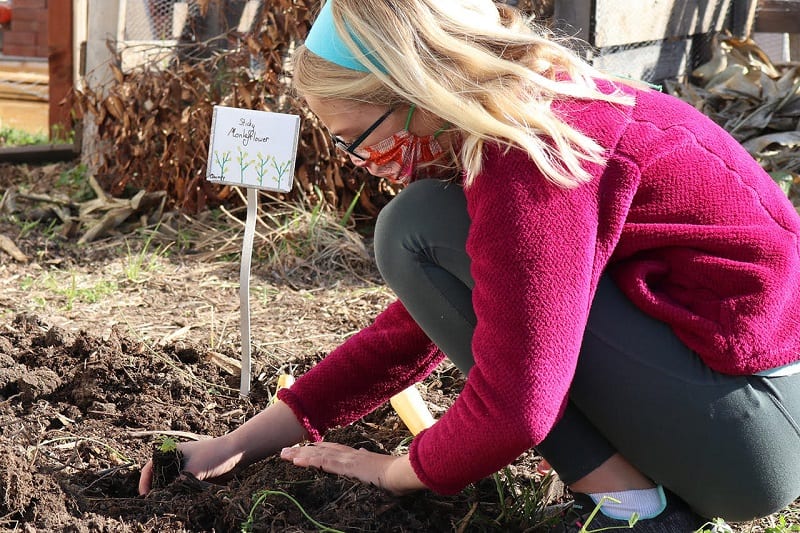
Taking aim at alternative ed…again
May 2021
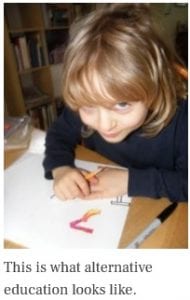
It’s not news that administrators in public education are generally not fans of alternative education. I live in possibly the most alternative-friendly county in the country… and I could tell you a few stories. But the tiny, vital community comprised of online public homeschool charters and alternative schools seems to attract more than the usual share of fear, mistrust, and derision from administrators and legislators.
California’s AB 1316 is just the latest bomb being lobbed at a tiny segment of education that our enormous, well-funded public school army has decided to obliterate. Really? Don’t you have something better to do, like make sure that all schools have adequate janitorial staff?
Distance learning in the crosshairs
Late 2019 saw the comically timed AB 1505/7 bills that restricted charter schools, especially ones that provided distance education, from expanding. Get the joke?
The pandemic hit…and what sort of services did everyone need? The punchline! Everyone needed the expertise of these schools that had successfully been providing distance learning for years to get them through shelter-in-place.
(Did the districts go to these repositories of knowledge for advice in how to implement distance learning? Why no, that would be admitting that these charters were providing a useful service. Most public schools chose to reinvent the steering wheel that homeschool educators have had a grasp on for years).
Here we go again
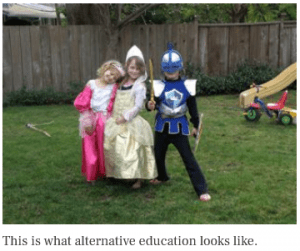 Now AB 1316 wants to chip away at these programs again, providing less money per student, as if students who seek alternative educational options are second-class citizens. Separate? True, they chose to leave mainstream schools. But that doesn’t mean their education should be unequal.
Now AB 1316 wants to chip away at these programs again, providing less money per student, as if students who seek alternative educational options are second-class citizens. Separate? True, they chose to leave mainstream schools. But that doesn’t mean their education should be unequal.
I can’t begin to explain why people who say they are educators want to restrict a mode of education that works for some children.
Could it be that it often works for our high achiever kids who have had it with mainstream high school and take their high test scores elsewhere?
Could it be that parents of kids with special needs, including families that want to retain their linguistic heritage or families who don’t want their kids bullied because of how they look or talk, are voting with their feet?
Who uses these alternatives, anyway?
This is hardly an exhaustive list, but here are examples of the many families I have known, or families served by friends of mine who teach for these organizations:
- Smart, focused students who need more than their local high schools will offer
- Black and brown kids whose parents want them to grow up with a healthy self-image
- Kids with mental health challenges for whom home is the place where they can heal
- Kids with life-threatening allergies for whom in-person school is simply not viable
- Kids who are top competitors in their field—athletics, chess, dance, etc.
- Children of certified public school teachers whose parents know what public school can be like and choose to stay home
Let’s focus on the real problems
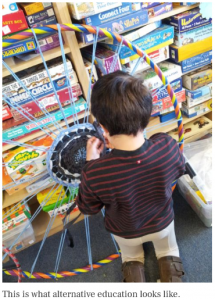 Yes, all schools should be “held accountable.” But what does that mean? These schools do not provide “drop the kids off and ignore them” service. If parents consistently rate the distance education that they are overseeing highly, and there is no reason to think that money is being embezzled or spent on bonbons for administrators, that should be accountability enough.
Yes, all schools should be “held accountable.” But what does that mean? These schools do not provide “drop the kids off and ignore them” service. If parents consistently rate the distance education that they are overseeing highly, and there is no reason to think that money is being embezzled or spent on bonbons for administrators, that should be accountability enough.
There are a lot of real problems with public education. And despite the (I admit) rather angry tone of this piece (supporters of alternative ed are just, frankly, tired of this), I am a huge supporter of public education. I believe that all children should be educated, for free, for the benefit of all of our society.
But again, I must repeat:
Not all schools serve all children equally well.
Children who need alternatives should get them—for free.
Stop blaming alternatives for lagging mainstream school enrollment. The public school system owns that problem 100%.
For more information:
- Why state leaders must reject AB 1316, a deceptive and destructive force against California’s public school children
- Flexibility Is Key
- The [supposed] failure of online education
- Anti-Charter School Bill (AB 1316) from CharterSchoolCapitol.org
Suki Wessling is a local parent, a writer of fiction and nonfiction, a teacher at Athena’s Advanced Academy and a musician. She writes about education, teaching and homeschooling.

